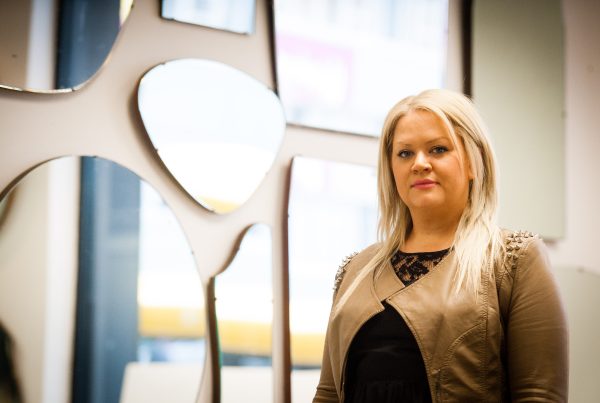
I was reminded of this when, in July, I visited the Lycée Baudimont in Arras, a school with which Scots College and Queen Margaret College have a biennial student exchange, arranged by mayor Celia Wade-Brown during her 2009 visit to this region. The significant historic connections between New Zealand and the Nord-Pas-de-Calais region of France are painfully visible. Cemeteries with rows of white crosses mark the graves of the estimated 1 million men, including 12,500 New Zealanders, who were killed here during the First World War.
Numerous memorial sites in this area bear witness to the Kiwi soldiers’ bravery, such as the underground military system, a vast labyrinth of tunnels created near Arras by the 446 men of the New Zealand Tunnelling Company. In just three months these men dug 8 kilometres of tunnels, touchingly giving them New Zealand place-names. These connected to existing underground chalk quarries, thereby providing refuge for the townspeople and troops during the siege and a launching pad for a surprise attack on the enemy lines.
The Kiwis’ support is recognised by an imposing memorial in Arras, unveiled in 2007, and an underground museum, Carrière Wellington, which tells their extraordinary story. Similarly, Kiwi soldiers are recognised in Le Quesnoy in northern France, liberated by the New Zealand Division in 1918, where the street names honour various New Zealand towns. And in the village of St-Maclou-la-Brière in northern Normandy, a memorial recognises the bravery of Second World War pilot and Scots College old boy, James Stellin, who, in 1944, chose to stay in his damaged Hawker Typhoon and sacrifice his own life, rather than parachute out and risk crashing on local houses. The French government later awarded him the Croix de Guerre avec Palme medal.
At all of these French sites there were plenty of young tourists from all parts of the world experiencing the sacrifices of earlier generations. Wreaths laid on these memorials, many from visiting schools, are testimony to those students who have travelled to these sombre places. On one memorial I noted floral tributes laid on behalf of Marlborough Boys’ College and Stratford High School alongside a poppy wreath from Eton College in England.
The comments in the visitors’ books illustrated the global impact of war with mentions of relatives, fallen members of neighbours’ families, and visitors from the soldiers’ villages, schools or sports clubs from around the world. Many young visitors’ words reflected that well-known phrase, “For your tomorrow, we gave our today”.
As I observed people fully engaged in seeing first hand the horror of war through their battlefield visits, I thought how we should not just rely on education as being the product of the normal school day. In a time when education is often too narrowly focused on the results of assessments and teachers are required to fit learning into bite-sized areas of knowledge and understanding, ideas such as sacrifice, bravery and loyalty can be difficult to grasp fully.




